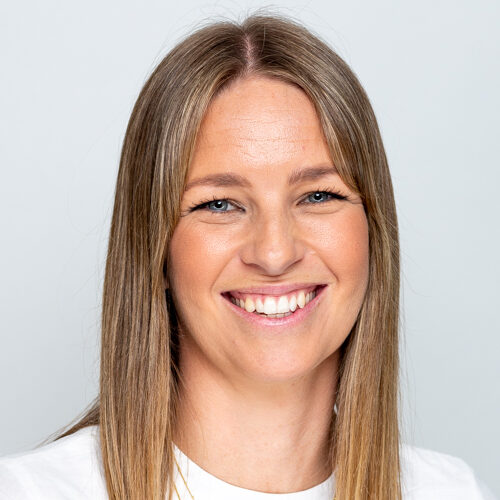
Smart moves before the financial year ends
The end of the financial year is an opportunity to optimise your financial strategy, take advantage of tax deductions, and set yourself up for the new financial year.
Whether you’re looking to maximise tax benefits, rebalance your investment portfolio, or to simply ensure you’re ticking all the right boxes, smart end of financial year (EOFY) planning can make a big difference.
So, to finish the financial year on a high note, start by mapping out your finances and investment portfolio and collect all the relevant documents. It can be a tedious task if your filing isn’t up to scratch, so it can be useful to set up a system as you go to make it easier for the next financial year.
You will need your bank statements, superannuation fund statement, self- managed super fund (SMSF) paperwork if relevant, a record of any capital gains or losses from the sale of assets such as shares or property, details of share dividends including any dividends earned through a Distribution Reinvestment Plan, and records of any other investments or income received.
Looking for deductions
On the other side of the ledger, there are limits on deductions for most categories of expenses but it’s a useful exercise to gather the evidence of all costs associated with employment and income-producing investments – whether or not they’re tax deductible.
For the most part at least, some deductions are allowed for certain work-related costs, donations over $2 to approved not-for-profits, the costs of managing your tax affairs, eligible investment property expenses, income protection insurance premiums (if the premiums are paid outside of your super fund), and expenses linked to a financial investment – such as attending a seminar directly related to the investment or the cost of account keeping fees on bank accounts used only for investment.i
ATO Assistant Commissioner Rob Thomson says the ATO is keeping a close eye on work-related expenses and working from home deductions this year.ii
“Work-related expenses must have a close connection to your income earning activities, and you should be prepared to back it up with records like a receipt or invoice,” says Thomson.
“If your deductions don’t pass the ‘pub test’, it’s highly unlikely your claim would meet the ATO’s strict criteria,” he says.
Get ahead with early payments
One way of maximising deductions in this financial year is by paying early deductible expenses due next year such as insurance premiums, subscriptions, or business rent if applicable. But remember to check first to see which expenses may be eligible to prepay.
Small businesses also have access to an instant asset write-off for the business portion of assets under $20,000, that were purchased and used in this financial year. The instant asset write-off is available to businesses with an annual turnover of less than $10 million.iii
Review your portfolio
At this stage of the year, it’s a good time to take stock of your investments including shares, superannuation and property. You may want to check that your investment strategy is still appropriate for your needs and expectations and review any underperforming assets.
The review will help you to decide whether you have an opportunity to top-up your super fund or SMSF. If you have funds to spare, making the most of the total contribution amount allowed both in this financial year and for the last five years, could give your retirement planning a serious boost.
Don’t forget last year’s increases to the cap on super contributions, which may allow you to contribute more. The limit on concessional contributions (employer contributions and personal contributions that can be claimed as a tax deduction) increased to $30,000. The cap on non-concessional (or after-tax) contributions is now $120,000. You may also be eligible to carry forward unused amounts from up to five years before. Reach out to us if you are considering making any super contributions to ensure you don’t exceed the cap and your funds are deposited before the June cut-off date.
It’s also a chance to review super indexation changes due from 1 July to see if there’s a need to take action before 30 June or to wait. For example, the amount that can be transferred into the retirement phase (known as the general transfer balance cap) will increase to $2 million on 1 July, up from $1.9 million this financial year. That might affect the decision to begin a pension this month as opposed to next.
There’s a lot to consider right now to make sure you’re optimising tax savings and that your planning today leads to a financial reward tomorrow. Give us a call if we can help.
How to make use of a capital loss
Savannah bought $2,000 worth of shares (50 shares at $40 per share) in a large mining company.
After 18 months she sold the shares. They had fallen in price to $20 per share. She made a capital loss of $1,000.
Savannah also made a profit of $1,500 from selling other shares she held. She had held these shares for five years.
Savannah can deduct the $1,000 she made a loss on from the $1,500 capital gain. This leaves her with a profit of $500. As Savannah held the shares for more than 12 months, she only includes half the capital gain in her tax return. She’ll pay tax on this $250 at her marginal tax rate.
i Deductions you can claim | Australian Taxation Office
ii ATO unveils ‘wild’ tax deduction attempts and priorities for 2025 | Australian Taxation Office
iii Instant asset write-off for eligible businesses | Australian Taxation Office
